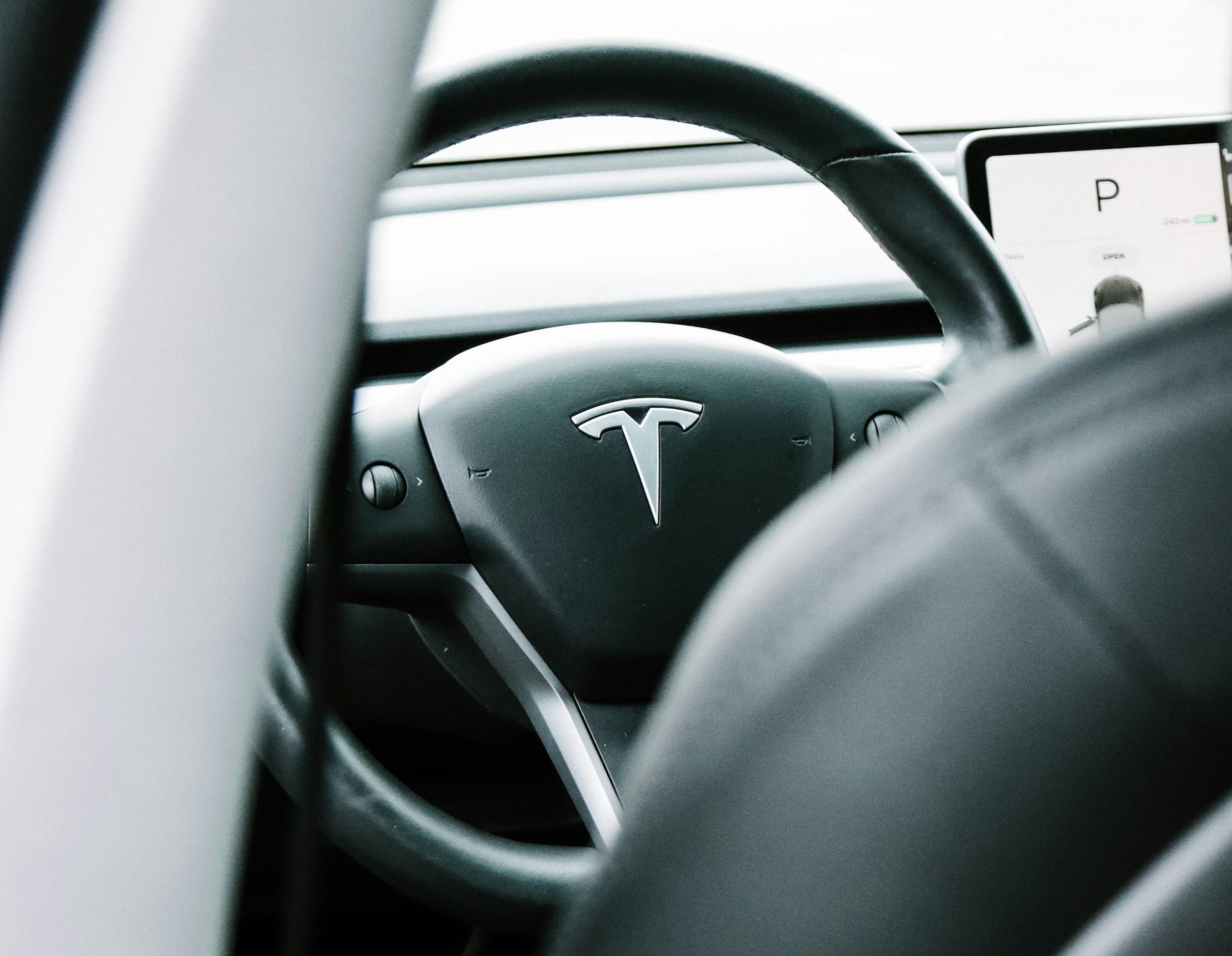In-Short
- Elon Musk sought to merge OpenAI with Tesla or gain full control of the AI firm.
- OpenAI resisted Musk’s proposals, citing a conflict with their mission.
- Musk filed a lawsuit against OpenAI, alleging breach of contract and unfair competition.
- OpenAI has denied Musk’s claims and expressed disappointment over the litigation.
Summary of Elon Musk’s Involvement with OpenAI
Elon Musk, the CEO of Tesla and SpaceX, is embroiled in a legal dispute with OpenAI, an AI research company he once was part of. According to a blog post by OpenAI, Musk had ambitions to either merge the company with Tesla or assume full control, including majority equity and leadership positions. These suggestions were made during a period when OpenAI was considering a shift to a for-profit model to increase funding.
Despite Musk’s interest in integrating OpenAI with Tesla, the AI firm was concerned that such a move would compromise its mission. The discussions did not lead to a merger, and Musk eventually departed from OpenAI, expressing skepticism about the company’s ability to compete with Google’s DeepMind without significant changes.
The lawsuit filed by Musk in March 2024 accuses OpenAI of various breaches, including a breach of contract and unfair competition, particularly after OpenAI received a substantial investment from Microsoft. OpenAI has refuted these allegations, clarifying that the “Open” in its name was not a commitment to open-source all its technology. The company has expressed regret over the legal conflict with Musk, whom they once deeply admired.
As the legal battle unfolds, Musk has not publicly addressed OpenAI’s blog post. His lawsuit aims to force OpenAI to openly share its research and prevent exclusive deals that favor specific companies. The outcome of this case could have significant implications for the future of AI research and development.
Image credit: Austin Ramsey on Unsplash
Further Reading
For more detailed information on this developing story, please refer to the original source.










